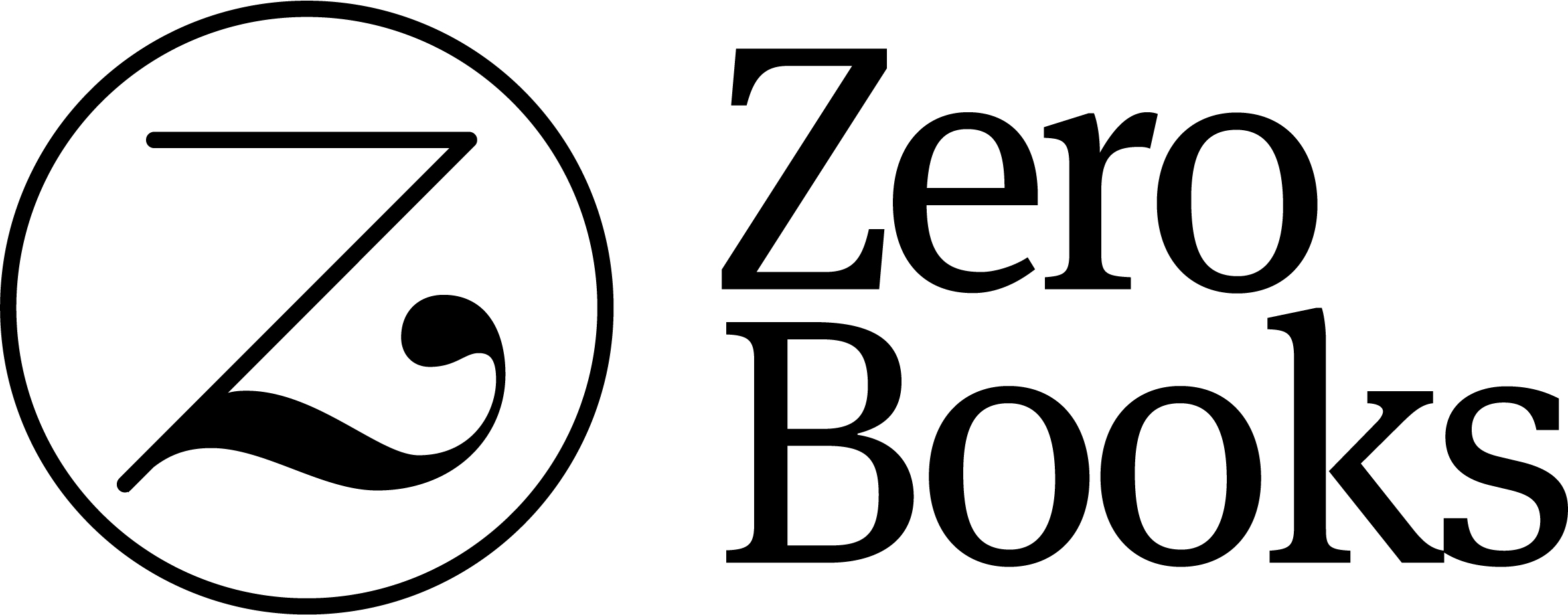43 x 36 cm, 454 pp with 354 colour illustrations. Cloth in a slipcase 43x36 cm, in English.
Text: Jean-François Jarrige, Jacques Giès
Photos: Ahmet Ertuğ
Ertug & Kocabiyik, one of the world’s most outstanding publishing houses specializing in superlative art books, is celebrating its 20th year with a unique book dedicated to the Musée Guimet, an equally unique museum of Asian art located in Paris.
Ahmet Ertug and Ahmet Kocabiyik, founders of a publishing house that has, in the course of two decades, published some twenty books in cooperation with some of the world’s leading specialists in the fields of Hellenistic, Roman, Byzantine, and Ottoman culture, are both known for their valuable and successful efforts on behalf of Istanbul’s cultural heritage.
To celebrate their twentieth year, the publishers decided to round out the cultural identity of their house with Spiritual Journey, in recognition of the fact that Istanbul, capital of empires, was also once the most important gateway on the Silk Road over which Eastern and Western cultural influences moved back and forth. As the Musée Guimet’s President Jean-François Jarrige himself points out in his introductory essay in the book “The diverse routes now collectively called the Silk Road linked the city known successively as Byzantium, Constantinople, and Istanbul to Central Asia, India, and China and even as far afield as Korea and Japan.”
Ahmet Ertug, Ertug & Kocabiyik’s art director and editor-in-chief, is passionate about oriental cultures and took both an intellectual and visual approach in the selection of the 240 examples of sacred art whose large-format photographs adorn the pages of this magnificent book, whose foreword was written by President Chirac. Essays by the museum’s President and member of the French Academy Jean Francois Jarrige and by its Chinese section’s curator Jacques Giès, both of whom are acknowledged to be the leading specialists in their respective fields of endeavor, are accompanied by other essays written by the curators of the individual sections.
The book, which is being published in English, French, and Japanese, has 452 pages and is in a 33 by 42 cm format. In addition to the introductory essay, individual chapters are devoted to the art of India, Afghanistan, Southeast Asia, Central Asia-China, Korea, and Japan.



